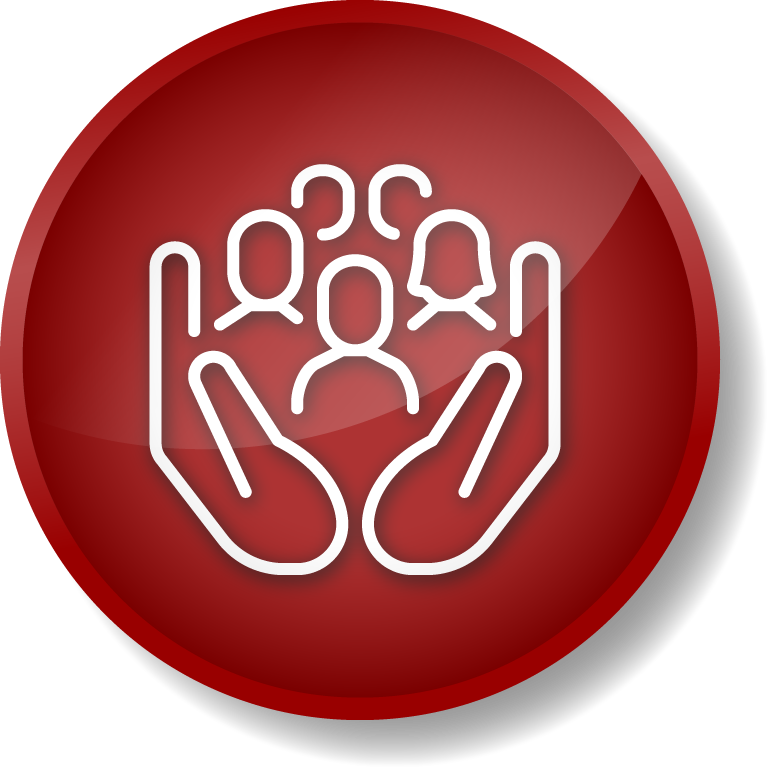Goal 1: Develop and disseminate educational resources across contexts and populations.
Service, Leadership, and Outreach

Goal 1: Develop and disseminate educational resources across contexts and populations.
Strategies
- Identify the needs and priorities of communities to cultivate meaningful interactions between communities and the School of Education.
- Establish an annual calendar of events that will be delivered to address topics pertinent to communities.
- Identify relevant research/expertise, school spaces, and personnel to collaborate with students, families, and community members.
Strategies:
- Work with communities to develop processes/structures that enable them to request resources and/or intellectual contributions to supplement the supplies, knowledge, and expertise possessed by community members.
- Regularly engage with the state relations team and state and local leaders and advocates to identify salient issues and priorities for community members in the areas of education, health, wellness, and long-term development.
- Support an exit interview or survey process to ascertain feedback from faculty leaving the SoE.
- Ensure that staff are provided with opportunities for ongoing professional development.
Goal 2: Increase the existing number and variety of schools, community settings, and other organizations engaged with the SOE in local, state, national and international collaborative partnerships.
Strategies:
- Conduct a survey and interviews with relevant personnel about existing collaborative partnerships.
- Report the number of active partnerships, their purpose, and the demographics of those involved in creating and maintaining it and of the populations served.
- In collaboration with the SOE’s Faculty Affairs and Development Committee, develop a procedure for rewarding faculty for outreach activities during their annual review.
Strategies:
- Work with existing technology support to create a collaborative web presence.
Strategies:
- Secure external funding to support new partnerships and community-based initiatives.
- Expand collaborations with other campus units engaged in community-based collaborations.
- Build relationships with government entities through high-quality interactions and collaborative actions.
Strategies:
- Highlight through stories/marketing current partnerships and collaborations across the entire spectrum of life-long learning (e.g., undergraduate, graduate, adult, corporate partnership).
- Grow the school identity through promotional activities among students, staff, faculty, and alumni to increase our reputation among our peers and colleagues.
Goal 3: Engage strategically with stakeholders (e.g., local schools, community organizations, etc.) to advocate, nurture, and expand learning opportunities for all students, families, and communities.
Strategies:
- Cultivate and secure external funding for Research Practice Partnerships (RPPs) focused on pressing problems of practice for educators and other professionals working with children, youth, and college-age populations.
- Build and leverage existing partnerships with school districts and other educational agencies to address educator recruitment challenges in underserved communities.
- Develop undergraduate service experiences that position IU students as advocates for social change, educational attainment, and economic enhancement.
- Advocate for increased resources for public education.
Strategies:
- Develop a strategic plan for national and international engagement.
- Conduct research with international partners.
- Connect with international alumni network to explore new partnership and service-related opportunities.

